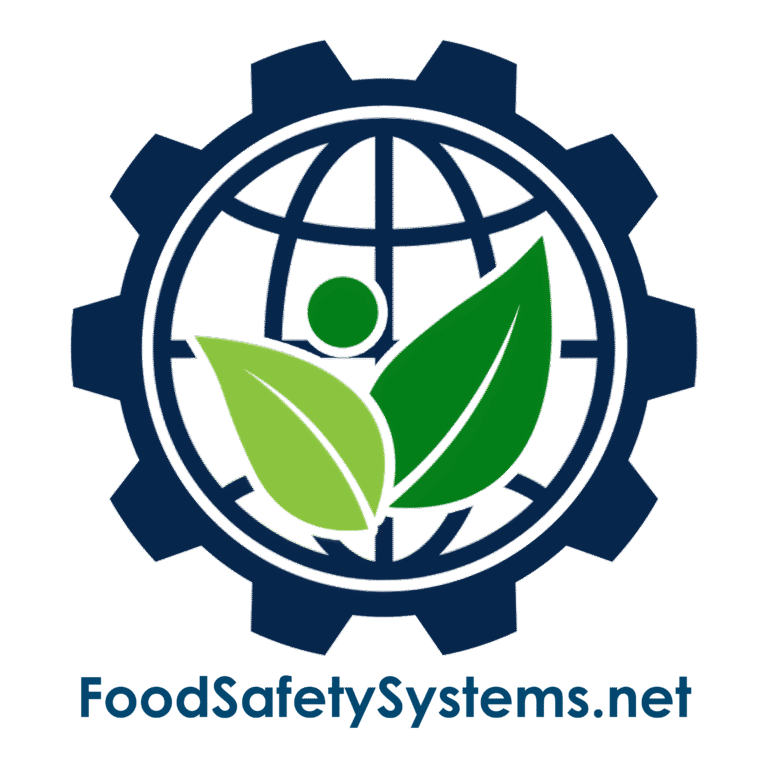BRCGS Plant-Based Certification System Requirements

Guidance Aligned with BRCGS Global Standard for Plant-Based Products
Published by Food Safety Systems | A Service by Consultare Inc. Group – A Compliance Company
The growing demand for plant-based foods requires robust systems to ensure product integrity, prevent cross-contamination, and meet consumer expectations. The BRCGS Plant-Based Certification provides a framework for manufacturers to validate claims and demonstrate compliance with global standards.
This guide offers a practical implementation checklist covering all critical aspects of plant-based production, from sourcing to labeling.
BRCGS Plant-Based Compliance Checklist
1. Leadership Commitment (Clause 1)
✓ Document a plant-based integrity policy signed by senior management
✓ Appoint a Plant-Based Product Team with defined responsibilities
✓ Conduct quarterly reviews of claim validation systems
2. Risk Assessment & Control (Clause 2)
✓ Conduct thorough cross-contamination risk analysis
✓ Identify critical control points for animal-derived material exclusion
✓ Validate cleaning procedures between product runs
3. Supplier Management (Clause 3)
✓ Implement plant-based approved supplier program
✓ Require ingredient declarations with vegan/plant-based status
✓ Conduct onsite audits for high-risk ingredients
4. Raw Material Specifications (Clause 4)
✓ Maintain certificates of analysis for all plant-based inputs
✓ Verify absence of animal-derived processing aids
✓ Document allergen status of all ingredients
5. Production & Process Controls (Clause 5)
✓ Implement dedicated production lines or validated changeovers
✓ Establish positive release system for plant-based products
✓ Control rework materials to prevent contamination
6. Equipment & Facility (Clause 6)
✓ Validate cleaning protocols between animal-containing products
✓ Use dedicated tools/utensils for plant-based production
✓ Implement physical segregation where shared facilities exist
7. Labeling & Claims (Clause 7)
✓ Comply with regional vegan/plant-based labeling regulations
✓ Implement pre-production label verification process
✓ Maintain claim justification documentation
8. Testing & Verification (Clause 8)
✓ Conduct periodic DNA/protein testing for animal material
✓ Maintain laboratory competency records
✓ Establish corrective actions for positive test results
9. Training (Clause 9)
✓ Train staff on plant-based requirements and cross-contamination risks
✓ Provide specialized training for quality control personnel
✓ Document training effectiveness assessments
10. Internal Audits (Clause 10)
✓ Audit plant-based systems biannually
✓ Verify implementation of all control measures
✓ Document corrective actions for non-conformities
Support for Plant-Based Certification
We provide complete solutions for BRCGS Plant-Based compliance:
Documentation Tools
• Plant-based policy templates
• Supplier approval questionnaires
• Risk assessment frameworks
Implementation Support
• Gap assessment services
• Process validation guidance
• Mock audit preparation
Testing Resources
• Approved lab partnerships
• Sampling protocols
• Test method validation
Ready for Plant-Based Certification?
Let us help you build a system that’s efficient, auditable, and globally aligned.
Book Your Free Consultation Today
Schedule Process Review
Request Testing Protocol Guide
Reference Note
This content aligns with BRCGS Global Standards requirements. For official certification, refer to www.brcgs.com.
Disclaimer
Food Safety Systems is an independent provider not affiliated with BRCGS. Plant-based claims require proper validation per regional regulations.
Privacy Policy | Terms of Service
Powered by Consultare Inc. Group, A Compliance Company







